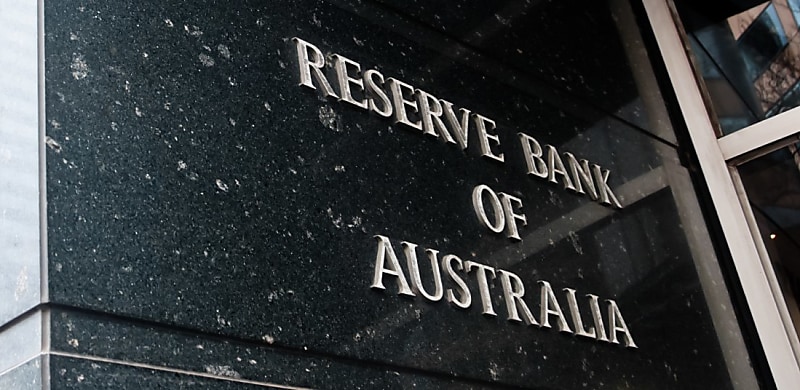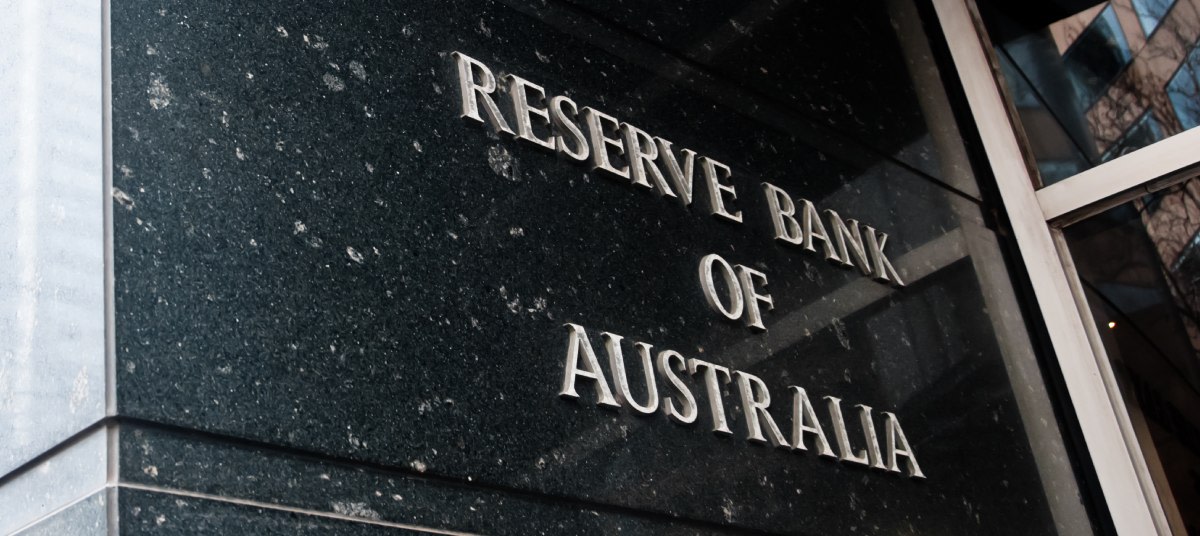
Market consensus has the RBA delivering its first interest rate cut since November 2020 today, but some economists aren’t so sure.
All eyes will be on the Reserve Bank of Australia (RBA) this afternoon when it delivers its latest monetary policy decision and while many lenders have priced a February cut into their forecasts, some economists aren’t convinced the central bank has seen enough in the data to force its hand.
Speculation of an interest rate cut at the RBA’s February meeting has been high ever since the Australian Bureau of Statistics (ABS) delivered better-than-expected inflation data for the December 2024 quarter.
The data – which had the quarterly Consumer Price Index (CPI) within the RBA’s target range for the second consecutive quarter – prompted major banks Westpac and NAB to revise their forecasts to a February cut, aligning them with their counterparts ANZ and CBA.
Speaking this earlier this week, Adam Boyton, ANZ’s head of Australian economics, said he expected a 25-bp rate cut as the start of a “shallow” easing cycle.
“With the labour market stronger than the RBA had been expecting and clearer signs of a recovery in consumer demand we don’t expect the tone of the post-meeting statement will be particularly dovish,” Boyton said.
“Rather it will balance those aspects against a faster-than-expected moderation in inflation.”
Meanwhile, Shane Oliver, AMP chief economist and head of investment strategy, also forecast February as the start of a gradual easing cycle.
“The low unemployment rate means that the RBA can be gradual in easing and so after the initial cut in the week ahead we expect a pause in April and then another cut in May with the cash rate hitting 3.6 per cent in the second half,” Oliver said.
“The money market is pricing a 90 per cent chance of a cut in February, which seems too high – 75 per cent is more realistic.”
No foregone conclusion
Speaking to The Adviser, Benjamin Picton, Rabobank’s senior macro strategist, said that while the lender has forecast a February cut, certain indicators – including signs of a retightening labour market and pick-ups in household consumption – presented “cause for caution”.
“If, all of a sudden, we’re seeing demand growth getting back to trend levels and the supply side of the economy hasn’t had time to catch up then you run the risk of entrenching inflation,” Picton said.
“That’s what’s in the back of our minds and why we think this decision is going to be a lot closer than how the market is pricing it.”
Meanwhile, Judo Bank’s chief economic adviser Warren Hogan and economist Matthew De Pasquale forecast that the central bank will maintain the cash rate at 4.35 per cent today on the basis that the “flow of new data continues to suggest it is too early to cut rates”.
“Since the RBA Board last met, the run of activity data almost universally points to an improvement in underlying economic conditions, with stronger labour demand, employment growth, retail sales recovering, and signs of recovery in the Sydney and Melbourne housing markets over recent weeks,” the duo said in Judo Bank’s weekly economic update.
This forecast echoed comments from Judo Bank chief third-party lending, George Obeid, in a recent appearance on The Adviser’s In Focus podcast.
“The biggest risk, I think, is that they move too soon, and see inflation take off again later in the year. And that’s the caution that I think we have with where it sits at the moment,” Obeid said.
What’s next?
Irrespective of its decision, the RBA will have plenty of opportunity to share their thinking, with governor Michele Bullock and other senior officers from the central bank due to front the House of Representatives standing committee on economics this Friday (21 February).
While many borrowers will be watching the decision closely, Finance Brokers Association of Australia (FBAA) managing director Peter White AM called on governments to do more to help home buyers.
“There has not been an interest rate change since 2023 and it would not surprise me if they again left it unchanged this week,” he said.
White highlighted new FBAA research (FBAA Buyer Renter Index Research) that showed that “people are crying out for help and support in the area of government and regulatory policies.”
Lendi Group general manager of growth, Emily Lonsdale, also commented on speculation of a cut when launching Aussie Home Loans’ new RBA-themed marketing campaign, We’re hoping for one too.
“Regardless of the outcome, we’re encouraging all our customers to talk to our brokers to get the best advice,” she said.
“While a rate cut may provide much-needed relief for Australian families, taking the first step and chatting to a broker can result in meaningful change – with access to fixed rates, debt consolidation and refi options to provide relief and certainty – irrespective of the decision on Tuesday.”
[Related: Brokers urged to be proactive amid rate cut speculation]

